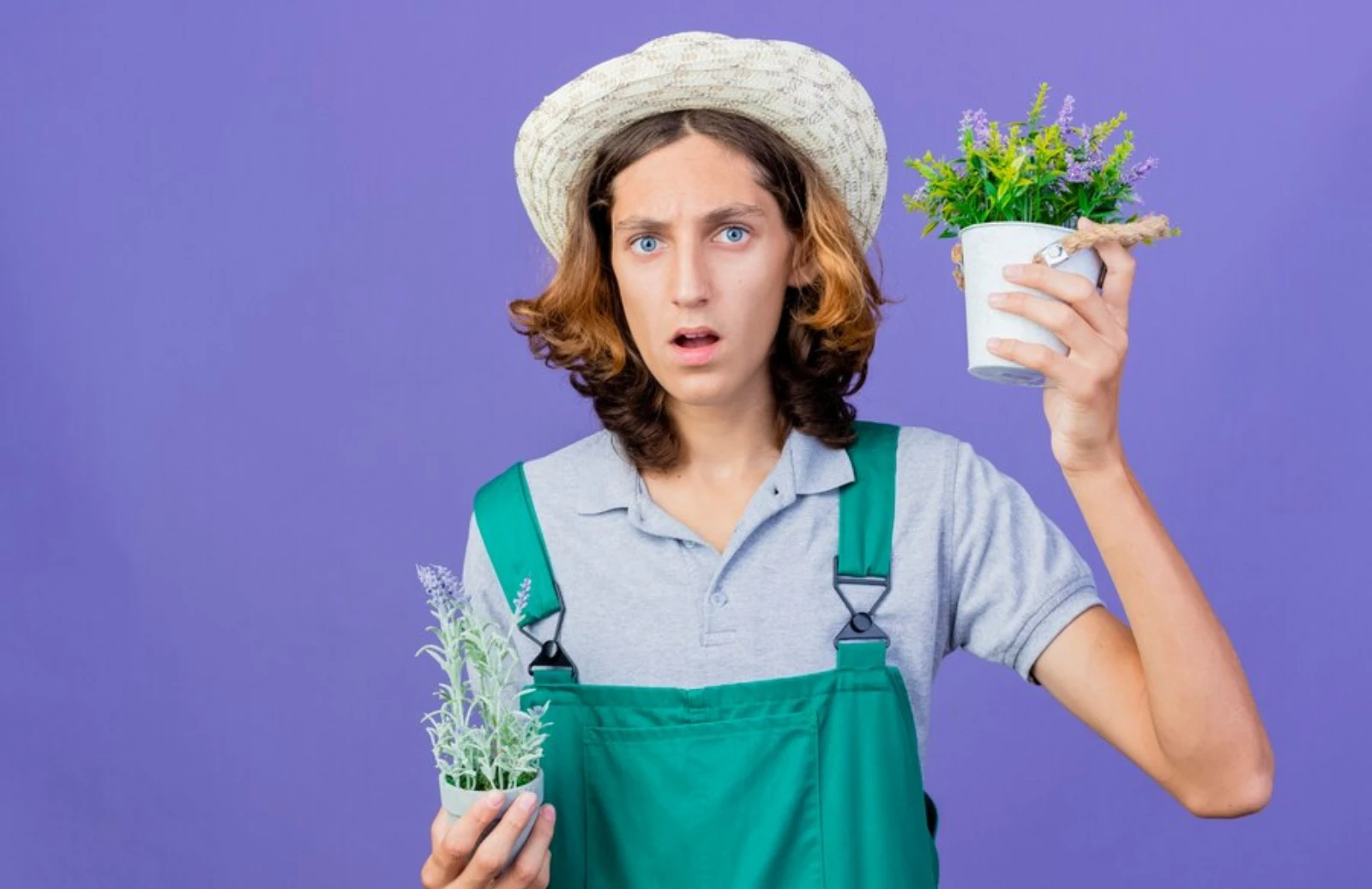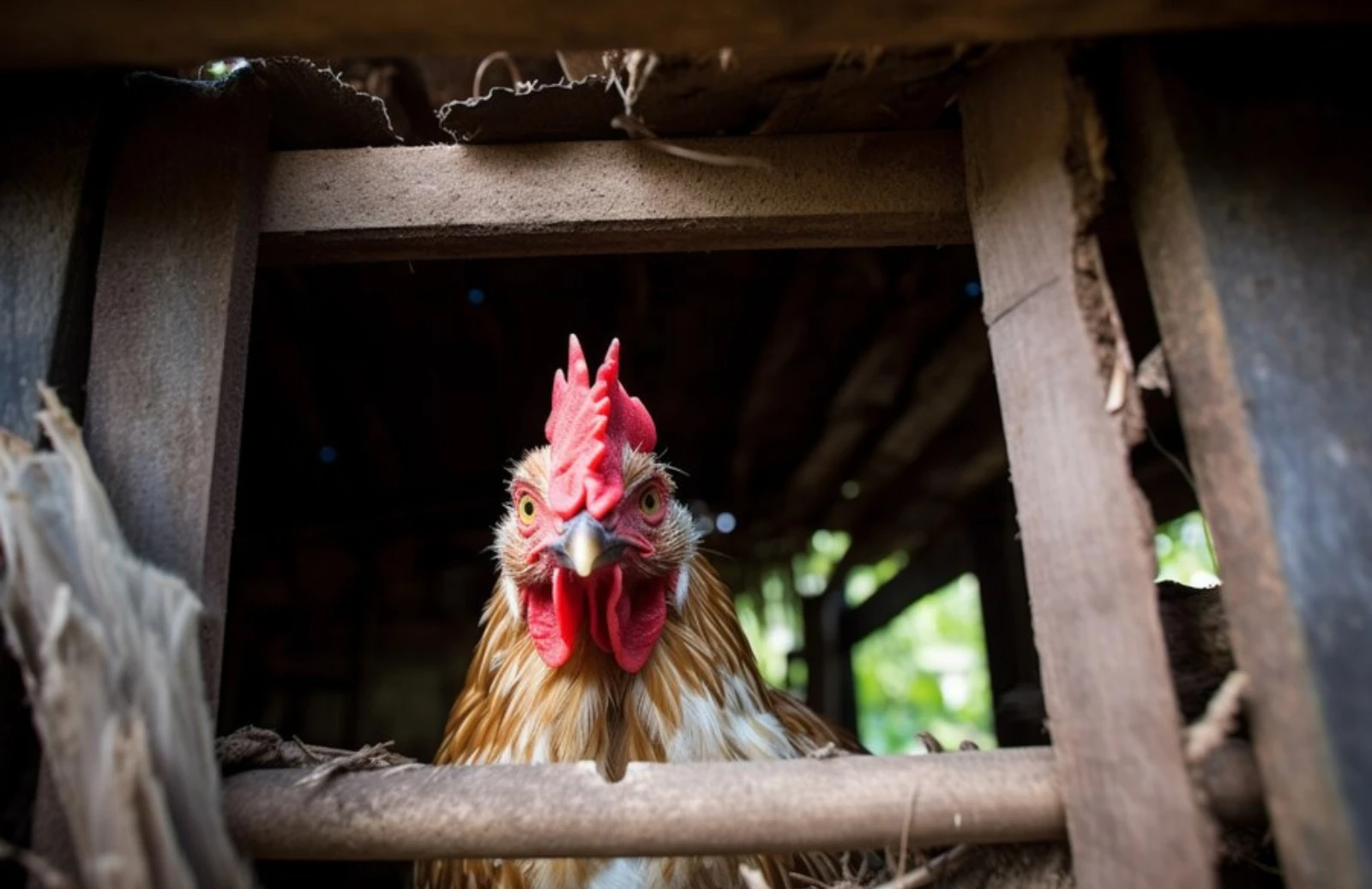Planting a garden is a rewarding endeavor, but understanding plant compatibility is crucial to a thriving garden. Certain plants, when placed together, can either inhibit each other’s growth or attract pests and diseases. Here are some plants that should never be planted together to ensure a harmonious and healthy garden.
1. Tomatoes and Brassicas
Tomatoes (Solanum lycopersicum) and brassicas (Brassicaceae family) such as cabbage, broccoli, and cauliflower should be kept apart. Brassicas release compounds that can inhibit the growth of tomato plants. Additionally, tomatoes can attract pests like the cabbage moth, which can damage brassica crops.
2. Carrots and Dill
Carrots (Daucus carota) and dill (Anethum graveolens) may seem like they would pair well due to their similar appearance, but dill can stunt the growth of carrot plants. Moreover, mature dill plants can release chemicals that inhibit carrot seed germination. It’s best to plant dill away from carrot beds to prevent these issues.
3. Onions and Beans
Onions (Allium cepa) and beans (Phaseolus spp.) should not share the same soil. Onions and other alliums can stunt the growth of beans due to their root exudates, which can interfere with the nitrogen-fixing bacteria that beans rely on. This symbiotic relationship is essential for the beans’ health and productivity.
4. Fennel and Most Other Plants
Fennel (Foeniculum vulgare) is notorious for its allelopathic properties, meaning it releases chemicals into the soil that inhibit the growth of nearby plants. Most vegetables and herbs do not thrive near fennel, so it’s best planted in its own designated area to prevent it from affecting other plants.
5. Potatoes and Tomatoes
Potatoes (Solanum tuberosum) and tomatoes are both members of the nightshade family, making them susceptible to the same diseases and pests, such as blight and certain beetles. Planting them together can increase the risk of disease spreading rapidly between them. It’s wise to keep these two apart to maintain healthy crops.
6. Corn and Tomatoes
Corn (Zea mays) and tomatoes can create a problematic pairing due to their mutual attraction to the corn earworm and the tomato fruitworm. These pests can wreak havoc on both plants if planted close. Separating these crops can help manage pest populations more effectively.
7. Peppers and Beans
Peppers (Capsicum spp.) and beans don’t make ideal companions. Beans can attract aphids, which are also fond of pepper plants. Additionally, peppers can stunt the growth of beans due to the competitive nature of their root systems.
8. Cucumbers and Aromatic Herbs
Cucumbers (Cucumis sativus) and aromatic herbs like sage and basil are not good neighbors. These herbs can hinder cucumber growth, likely due to chemical compounds released by the herbs that interfere with cucumber development. Cucumbers prefer companions like peas and corn that don’t have strong aromatic properties.
9. Sunflowers and Potatoes
Sunflowers (Helianthus annuus) produce a substance called allelopathic that can inhibit the growth of nearby plants, including potatoes. This chemical can affect potato tuber development and reduce yields. Keep sunflowers and potatoes well separated in your garden layout.
10. Mint and Any Other Plants
Mint (Mentha spp.) is highly invasive and should never be planted alongside other plants. Its aggressive growth can overtake garden space, crowding out and choking other plants. It’s best to grow mint in containers or isolated areas where it can’t spread uncontrollably.
Understanding these plant incompatibilities can help you plan a more successful and harmonious garden. By avoiding these problematic pairings, you can ensure that your plants grow healthily and yield abundantly. Happy gardening!










